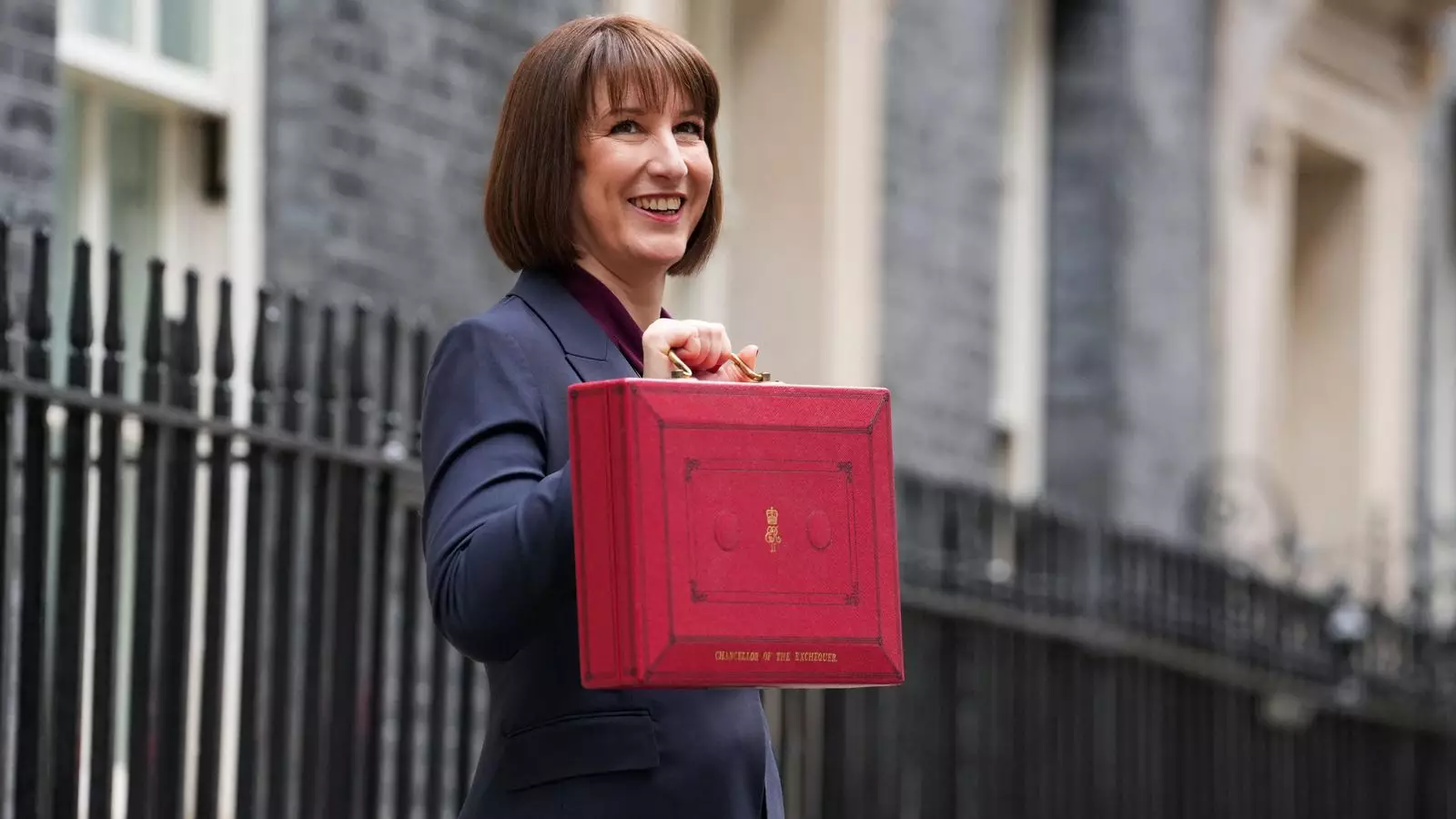As political tensions simmer, whispers of impending tax increases threaten to reshape the financial landscape of the nation. Behind closed doors, senior ministers hint at a more aggressive fiscal stance, yet publicly deny concrete plans. This ambiguity fuels public concern that austerity measures and targeted tax hikes are on the horizon, fueled by the government’s struggle to reconcile failed welfare reforms with national funding needs. The dilemma lies in balancing fiscal responsibility with social equity—a challenge that exposes the fragility of current economic policies and the risks they pose to everyday citizens.
Deft Politics or Hidden Agendas?
The cautious tone struck by ministers, especially figures like Heidi Alexander, underscores a broader political calculus. While avoiding direct commitments, they emphasize the importance of “fairness” and adherence to fiscal rules. This nebulous stance reveals a core tension: the government’s desire to maintain fiscal discipline conflicts with the necessity of raising revenue. Politicians cling to rhetoric about protecting modest-income households, yet the underlying message suggests that tax hikes—possibly targeted—are inevitable to fill the widening financial gaps. The strategic ambiguity may serve to placate concerned voters, but it risks eroding trust as real pressure mounts behind the scenes.
The Consequences of Breaching Promises
The fallout from the government’s rollback on welfare reforms highlights a pattern of stumbling and retreat. Proposed changes to Personal Independence Payments—aimed at saving approximately £5 billion—were scrapped under party rebellion, illustrating how difficult it is to overhaul welfare without political fallout. These setbacks demand alternative funding sources, and the most plausible—yet unpopular—option is raising taxes. Opting for revenue hikes over spending cuts signals a shift towards a less austere, but potentially more divisive, approach to economic management. This creates a dual challenge of maintaining social support while reinforcing a fiscally sustainable model.
The Political Game and Public Disillusionment
Conservative opposition capitalizes on these uncertainties, framing the situation as evidence of governmental weakness and economic mismanagement. Accusing Labour of “crashing the economy” and criticizing Prime Minister’s ability to carry reforms, they seek to rally support for austerity narratives. However, such opposition overlooks the complexities inherent in managing a modern welfare state, especially amid rising defense and healthcare costs. The political mudslinging distracts from genuine policy debates and obscures the need for a nuanced approach—one that balances fiscal discipline with social compassion.
The Broader Implications for Society
If history is any guide, tax increases tend to disproportionately impact middle and lower-income earners, often under the guise of fairness. While political rhetoric claims that modest-income families will be shielded, the truth is that the cumulative effect of new taxes—whether on consumption, property, or capital—will inevitably strain these households. As the government prioritizes military spending and healthcare, the fiscal squeeze on ordinary citizens could deepen, fostering inequality and eroding social cohesion. The challenge for centrists lies in advocating for pragmatic solutions—raising revenue without unfairly burdening those least able to bear it—yet the current political climate suggests that short-term fixes may overshadow long-term stability.
The Unseen Costs of Political Posturing
The debate over tax hikes reveals a broader truth: fiscal policy is as much about political survival as it is about economic health. The government’s reluctance to openly discuss specific tax measures signifies an ambivalence that could lead to greater uncertainty and economic volatility. Meanwhile, the public remains caught in the crossfire of political combat, often unaware of the true implications—higher taxes, reduced social services, and increased inequality. This lack of transparency hampers informed civic engagement and risks fostering disillusionment with democratic processes.
Facing Reality: A Call for Responsible Leadership
Rather than succumbing to political bluster, a mature approach requires transparent dialogue and courageous leadership. Policymakers must confront the difficult truths: balancing a fair tax system with sustainable funding; protecting vital public services without alienating taxpayers; and acknowledging that short-term austerity may do more harm than good in the long run. As society grapples with these challenges, the imperative of accountability and purposeful policymaking becomes more urgent. Real leadership will demand honesty about the trade-offs involved—because superficial promises will only deepen the public’s disillusionment and economic hardship.


Leave a Reply